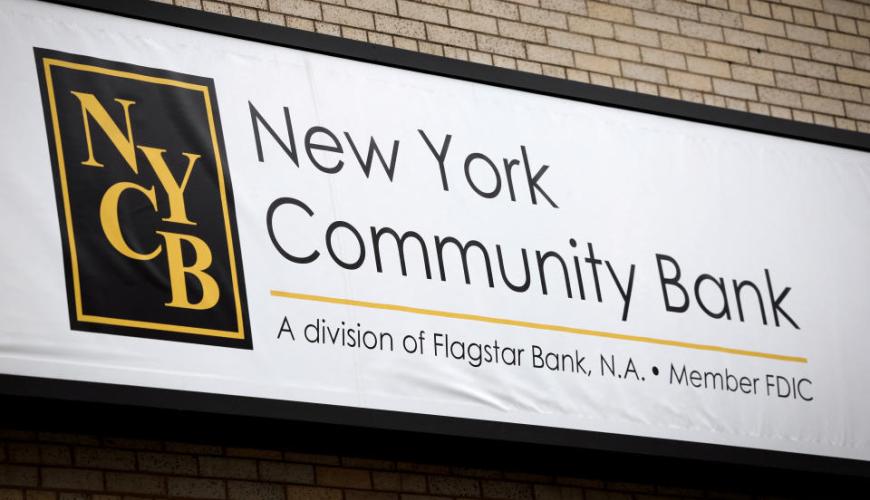Increased Investor Pressure Fifteen Percent Chase on New York Community Bank Despite New Leadership
- 09 February 2024 2:00 AM

Increased investor pressure continues to afflict the New York Community Bank (NYCB), despite several steps undertaken by the bank to reinforce investor confidence. Despite the recent appointment of Alessandro "Sandro" DiNello as the new executive chairman and concerted efforts to boost confidence, the bank's stock teetered extensively on Thursday, closing 7% lower.
NYCB's volatile activity erased Wednesday's rebound following the announcement of new leadership and efforts to consolidate trust. DiNello, a former bank examiner, noted restoring Wall Street's confidence concerning the bank's deposits and liquidity was the primary course of action in light of the recent fluctuation.
Significantly, while other large and medium-sized lenders saw their stocks increase on Wednesday, NYCB struggled to remain on par, casting a shadow over their $116 billion. Nevertheless, analysts maintained their conviction that the bank is capable of weathering the current predicament. “I think this is an issue of earnings rather than viability," says David Smith of Autonomous Research.
However, concerns continue to mount as the NYCB stock is down by over 50% following the surprising news on January 31 that the bank had cut its dividend and reported a $252 million net quarterly loss. The bank was forced to allocate $552 million for future loan losses, considerably above forecasted values. These estimates were mainly due to weak links related to office properties and rent-regulated apartment complexes in New York City.
The saga of NYCB has repercussions throughout the regional banking sector, raising questions about the oversensitivity of the industry to commercial real estate. This susceptibility to high-interest rates and changing workplace trends has resulted in diminished worth for several properties.
Treasury Secretary Yellen and former FDIC Chair Sheila Bair offered reassurances, reminding us that current commercial real estate weaknesses will not resemble the 2008 crisis. Still, they suggest smaller banks may feel the financial strain due to these developments.
Among the top 30 lenders in the nation, NYCB's high exposure to rent-controlled apartments in New York City has contributed significantly to their precarious position. Presently, 22% of their loans are linked to such buildings, placing them in a challenging position. In this transition phase, the bank aims to minimize their concentration in apartments and office buildings, although relinquishing such loans could potentially lead to losses due to current interest rates.
Christopher McGratty of Keefe argues that increasing capital by lessening risk associated with better-performing non-core loans could be an alternate approach. However, NYCB will continue to face challenges and pressures due to its risk management shortfalls, which led to Moody's downgrading its credit rating to junk.
NYCB's issues originate from their response to the 2023 regional banking crisis when they acquired parts of the failed Signature Bank and another rival, Flagstar. While this gained them significant assets, it also brought them under higher regulatory scrutiny, forcing them to set aside more capital.
The road ahead for NYCB might be challenging, but they hope that with sound strategies and new leadership, they will regain investor confidence. Nevertheless, investment experts advise caution to potential investors considering this segment due to the prevailing uncertainties in the banking sector.
